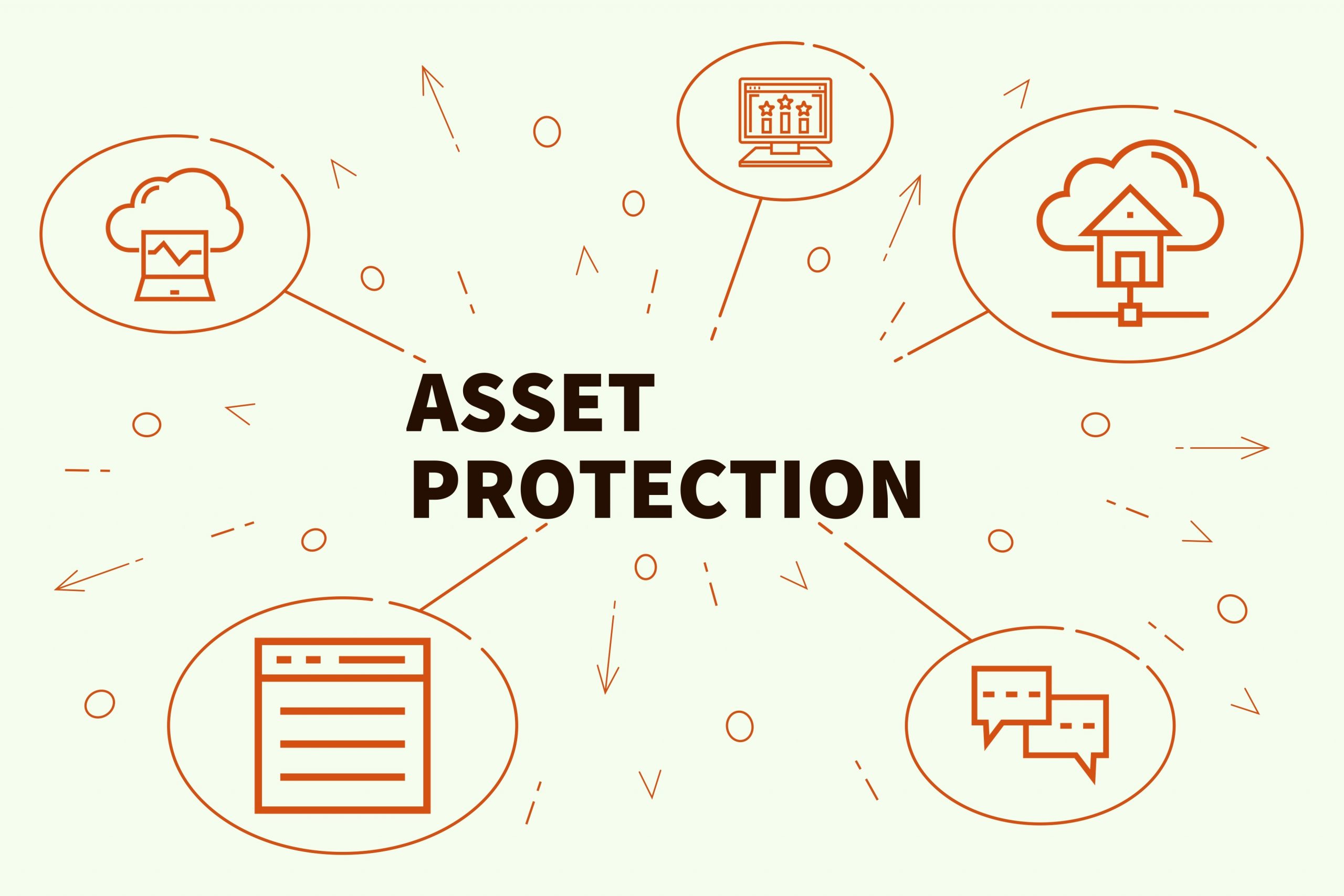Now Reading: 4 Ways To Protect Your Assets And Properties
-
01
4 Ways To Protect Your Assets And Properties

4 Ways To Protect Your Assets And Properties
Have you thought of protecting your assets from lawsuits or creditors? Many people fail to do so and will only realize when it’s too late.
Regardless of how successful you’re as a businessman, or how lucky you are in winning lotteries, don’t leave your assets just hanging dangerously. The world we live in today is litigious. This could end up being very costly on your end. However, there are several ways to safeguard your assets from such occurrences.
Here are four ways to protect your assets and properties:
- Insurance
Insurance is an essential commodity in any business, and it should be included in the startup budget. A good insurance cover should offer some level of protection for your assets so that in case of an incident, the creditors or plaintiffs will have to get another target.
There are various forms of insurance that you can take for your assets. This is determined by the types of assets you want to cover. Remember, as your investment portfolio grows, so does your insurance cover.
Make sure you choose the best cover for your assets. For example, rental property, retail stores, and professional practice all require different types of protection.
- Land Trusts
You can also protect your assets and property by creating various trusts. A land trust is one of them, which provides private ownership for real estate. It may not be entirely an asset protection tool, but it hides property ownership.
A land trust usually has three parties involved:
- A trustee: This is the person who agrees to hold the title of the property
- The beneficiary: This is the person who gets the benefits of the trust
- A trustor: This is the creator of the trust and is usually the original owner of the property.
When a trust is drafted, the position of the trustor and beneficiary is held by the same person.
The beneficiary can remain in full control of the property and receive all the proceeds from the trust. The land trust also contains how much power the beneficiary gives the trustee over the property. On most occasions, the trustee’s only job is to act as the beneficiary directs them.
Since land trusts are revocable, this means that when a trustee becomes uncooperative, you can replace them as the beneficiary. While the trustor is still alive, they may alter, modify, and even terminate the trust.
- Use Business Entities
As an entrepreneur, always separate your business and personal assets. If you fail to take this legal step, a single dispute or lawsuit could take everything away from you.
Here are the following business entities you can consider:
- Limited Partnerships: Limited Partnerships help limit your liability. If you’re a limited partner in a partnership, you’re only sued for what you have invested in the business. The only thing to lose is your entire investment in the business. Lawyers cannot come for you personally to claim what is owned by the company.
But there’s a catch. In this type of partnership, you cannot take an active role in the running of the business. If you do so, you’re a general partner, and you become fully liable.
- Corporations: Corporations act as a great asset protection tool. Your assets cannot be taken from you in case your business loses a lawsuit. This is with the exception of cases of hideous fraud, like if you fail to pay payroll taxes.
There are two types of corporations: S corporations and C corporations. They’re both taxed differently and also offer different limitations on ownership. However, they both provide similar asset protection for their owners.
- Limited Liability Companies: LLCs provide asset protection against business lawsuits, but with fewer restrictions than S corporations on ownership. As an owner, you can also choose whether to file federal taxes as a partnership or as a corporation.
LLCs provide one significant advantage of their owners in some jurisdictions: charging under protection. If your corporation loses a suit, the judge could award the creditor some shares in your corporation, allowing the creditors to gain access to your books.
- Offshore Asset Protection Trust
Experts often argue that an offshore asset protection trust is one of the most robust methods to protect your assets. This is because no judge in your country can order a trustee in a foreign country to release funds and assets to a creditor.
The creditor might be determined to gain access to foreign assets, but the legal battle is lengthy and quite expensive. They first have to win the case locally, then within the offshore jurisdiction. This makes it highly improbable that a creditor will pursue your foreign assets. Some offshore trusts, such as Nevis and Cook Islands, are virtually bulletproof.
Key Takeaways
One of the necessary steps of charting your future is asset protection against lawsuits and creditors.
There are several methods to protect your assets, as mentioned above. You can choose to take an insurance cover, protecting them through trusts, and by using business entities. Also, an offshore asset protection trust is one of the best methods of asset protection.










